|
We also have a brand new chapter on the medical anthropology of tattooing in the Oxford Handbook of the Archaeology and Anthropology of Body Modification. This was co-authored with former graduate student Michael Smetana. Mike wrote the first draft for a course, and I slogged away on the rest of it over the course of a year or two. Marco Samadelli wrote a short summary and didn't have time to write a full chapter, so they asked me to combine his chapter with ours. I'm quite pleased with it, though I've already found a few things that will need to be fixed if they retain it for future editions. Check it out here.
0 Comments
Our lab has new publications! The first is an article about podcasting, written by me with Courtney Manthey and Cara Ocobock. We compared listens to episodes of the Sausage of Science podcast that were highlighted on the pod to those that weren't from the same issues and, save for COVID outliers that were accessed at extraordinarily high rates, podcasted articles were significantly more likely to be accessed. This is good news for academic podcasters! Check it out while it's open access: https://onlinelibrary.wiley.com/doi/full/10.1002/ajhb.24105
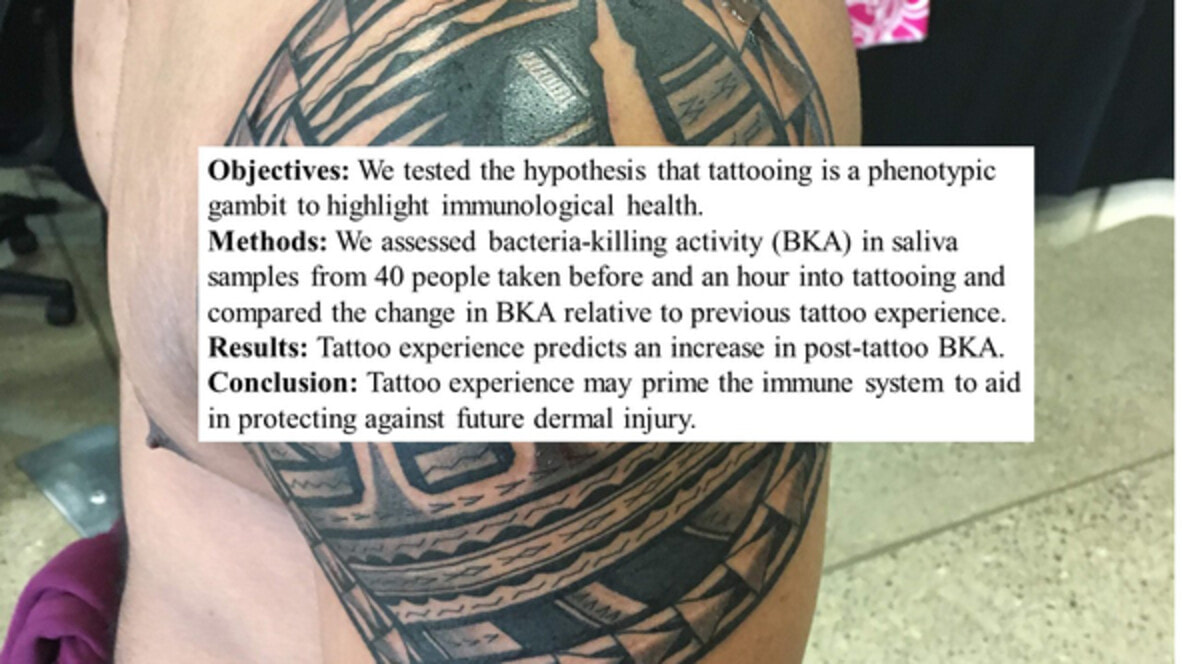 American Journal of Biological Anthropology is essentially the flagship journal of US bioanth, yet until this publication I've never even submitted a manuscript to the journal. The main reason is that I've focused more on evolution or psychological/cognitive anthropology journals or AJHB since I've been accepted there repeatedly already. So I'm very excited to announce that my first submission to AJBA was accepted and has been published as a Brief Communication. Here is a link to the article on the journal website, which is the best place to access it to influence the impact factor (have your interest counted). However, it's gonna be behind a paywall eventually, so hit me up if you need access before I eventually post the PDF to my webpage. https://onlinelibrary.wiley.com/doi/abs/10.1002/ajpa.24741 Our new paper mentioned in the previous post is out, Open Access, in the Nature subsidiary journal Humanities & Social Science Communications. We're pretty stoked to have open access in a Nature journal. Is that big time? It is in my head!
Furthermore, I'm really proud of the students in my lab who stuck in there for Zoom meetings over the course of a year as we figured out how to do a scoping review, write it up, and get it published. Here is the DOI for the paper, where everyone can read it: https://www.nature.com/articles/s41599-023-01511-6  This absurd headline was circulating while we wrote this piece, so we worked it into the article to show how some people apparently think. This absurd headline was circulating while we wrote this piece, so we worked it into the article to show how some people apparently think. My friend Becci Owens, Associate Professor of Psychology at University of Sunderland specializing in evolutionary psychology, had started working on a scoping review of psychological studies of body modification a few years ago but was stalled. I volunteered my lab to help her finish it. It took us about a year to discover that a "scoping review" is a real thing and not another word for a systematic review. After developing a coding system for the corpus of articles Becci had gathered, I googled scoping reviews and found the articles by Nunn like this one that describe scoping reviews in detail and realized that I'd led us all astray for a year. When we refocused on what a scoping review actually is, it became apparent that we simply needed to describe the basic patterns of how psychology studies of tattooing have been conducted. When we started, we noticed that so many of the studies looked for correlations between tattooing and negative personality traits and risk behaviors, despite the fact that most of the same articles and other contemporary sources note that no correlations between tattooing and negative personality traits how been found and that the primary correlations are with openness to experience and youth. So, our secondary objective was to try to understand why so many studies reify tattoo stigma by studying it as though it were a negative behavior and trying to understand causes of such poor behavior. In examining the group of studies that included tattooing as a "stigma" variable in this way (the largest category by far), it became clear that there was a temporal factor. Early studies were looking at penal and mental health populations, seeing lots of tattoos among patients relative to the general population, and trying to determine if marking the self is some aberration of fragile identities. Later studies seemed to indicate that tattooing itself is not a negative behavior but let's just throw it in anyway because we wonder if it might be a useful way to identify people at risk for mental fragility in the general population. But, though I paraphrase, what the hell is that anyway? I have long argued that such studies should just use the Big 5 Personality Inventories because what they're interested in is not risk-taking behavior so much as openness to experience. It appears that by the 2000s, scholars such as Viren Swami had laid to rest with explicit studies saying that all tattooed and non-tattooed people are the same, but even then his titles were ambiguous, leading people to potentially think there are differences if they don't read further (which, shocker, many people don't). Anyway, it became apparent that studies shifted from the above to social psychology studies that look at tattooing in much more interesting ways, such as how tattooing can have different meanings or impacts depending on the type of job you have or how tattooing may intersect with multiple marginalities to influence how people are treated in healthcare settings. These more granular studies are much more interesting. When we looked at the history of the discipline of psychology, the studies we note start after the first renaissance, which was much more recent than generally assumed--tattoos were only out of fashion for about 15-20 years. The pattern of psychology studies also follow the general patterns for research foci in the field of psychology. As of earlier this month, the article entitled "Deviance as an Historical Artifact: A Scoping Review of Psychological Studies of Body Modification" researched and written by Becci, me, Alex Landgraf, Steve Filoromo, and Mike Smetana, has been accepted for publication by Humanities and Social Sciences Communications. Click here to read a preprint of the whole paper. This new article is based on data collected at the 2017 Northwest Tatau Festival and is the first publication of analysis from those data. Summarizing the article in one sentence: "The psychological and physical experience of being tattooed may contribute to physiological adaptations that prepare the skin for other injury." Click on this link to the full PDF. Below is a slide show of photos from the tattoo festival for your enjoyment while reading. My book is out! I've been working on the ideas in this book since before I returned to college as an undergrad & on the actual text since 2016. I'm very proud of it, and to promote it, I'll be reading from it on Instagram & blogging about it here. For now, I'm just dropping in the author photo that Routledge never asked me for (darnit!). Here's what the book is about:
Transcendental Medication considers why human brains evolved to have consciousness, yet we spend much of our time trying to reduce our awareness. It outlines how limiting consciousness—rather than expanding it—is more functional and satisfying for most people, most of the time. The suggestion is that our brains evolved mechanisms to deal with the stress of awareness in concert with awareness itself—otherwise it is too costly to handle. Defining dissociation as “partitioning of awareness,” Lynn touches on disparate cultural and psychological practices such as religion, drug use, 12-step programs, and dancing. The chapters draw on biological and cultural studies of Pentecostal speaking in tongues and stress, the results of our 800,000+ years watching hearth and campfires, and unconscious uses of self-deception as mating strategy. Written in a highly engaging style, Transcendental Medication will appeal to students and scholars interested in mind, altered states of consciousness, and evolution. It is particularly suitable for those approaching the issue from cultural, biological, psychological, and cognitive anthropology, as well as evolutionary psychology, cognitive neuroscience, and religious studies. Here's a link to order the book from the publisher. Book Description
Transcendental Medication considers why human brains evolved to have consciousness, yet we spend much of our time trying to reduce our awareness. It outlines how limiting consciousness—rather than expanding it—is more functional and satisfying for most people, most of the time. The suggestion is that our brains evolved mechanisms to deal with the stress of awareness in concert with awareness itself—otherwise it is too costly to handle. Defining dissociation as “partitioning of awareness,” Lynn touches on disparate cultural and psychological practices such as religion, drug use, 12-step programs, and dancing. The chapters draw on biological and cultural studies of Pentecostal speaking in tongues and stress, the results of our 800,000+ years watching hearth and campfires, and unconscious uses of self-deception as mating strategy. Written in a highly engaging style, Transcendental Medication will appeal to students and scholars interested in mind, altered states of consciousness, and evolution. It is particularly suitable for those approaching the issue from cultural, biological, psychological, and cognitive anthropology, as well as evolutionary psychology, cognitive neuroscience, and religious studies. https://www.routledge.com/Transcendental-Medication-The-Evolution-of-Mind-Culture-and-Healing/Lynn/p/book/9780367472634# This new article published today in American Journal of Human Biology compares tenure-track and tenured anthropologists by gender with regard to the obstacles in navigating family and fieldwork. Doctoral student Lisa Brazelton and undergraduate Lauren Landgraf are in my lab, and this is the first peer-reviewed academic paper for both of them! This is part of a special issues called "#Hackademics: Hacks Toward Succeeding in Academia" that I coedited with Cara Ocobock.
https://onlinelibrary.wiley.com/doi/10.1002/ajhb.23686 Annals of Human Biology has accepted our paper "Zika virus in American Samoa: challenges to prevention in the context of health disparities and non-communicable disease." This paper is the result of the 2016 and 2017 field season with lead author Michaela Howells investigating attitudes and knowledge about Zika prevention for pregnant women in American Samoa, which had the 2nd highest Zika rate of any US territory or state at the time. Jo Weaver collaborated because of her expertise on dual disease burden and study of Zika in Brazil. This will be part of a special issue on human biology in the Pacific.
|
Christopher D. LynnI am a Professor of Anthropology at the University of Alabama with expertise in biocultural medical anthropology. Archives
May 2023
Categories
All
|



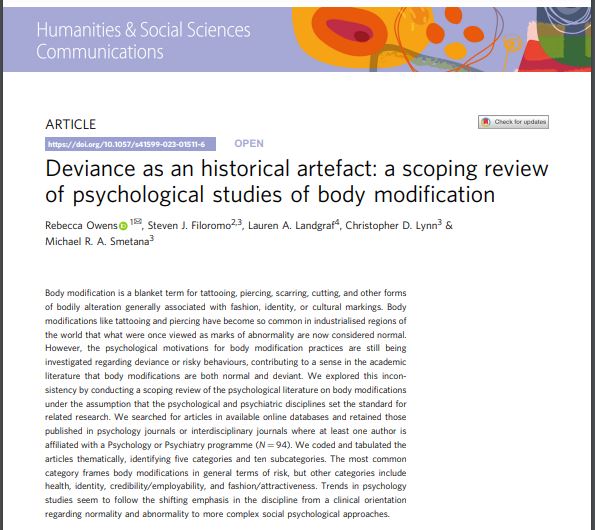
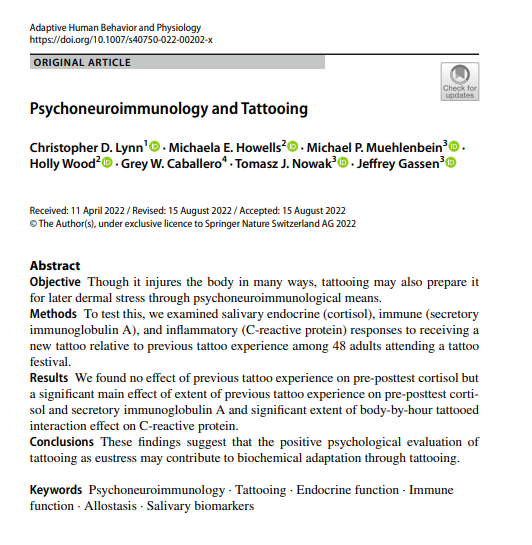


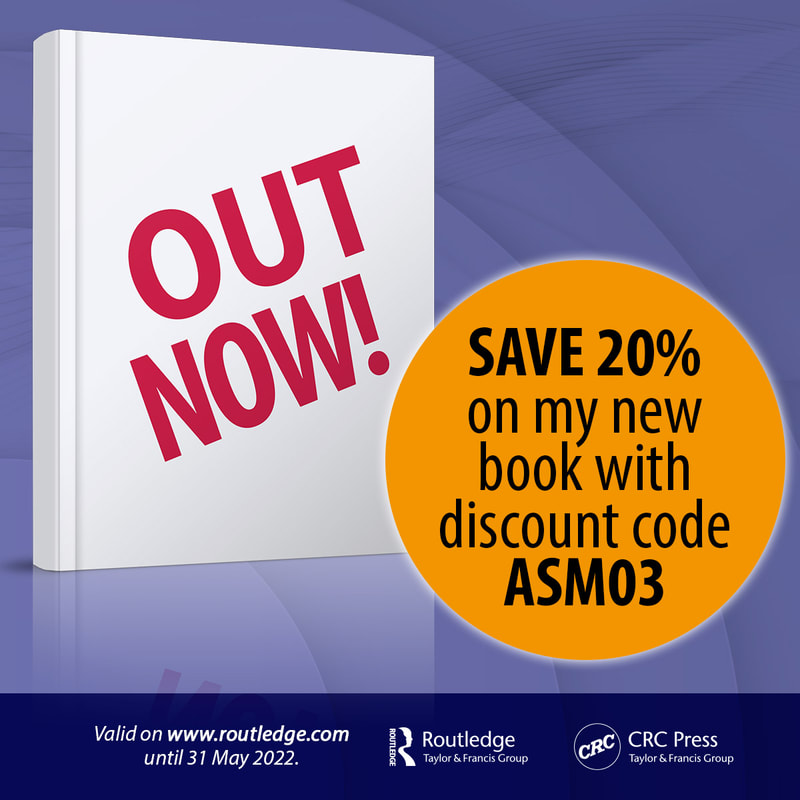
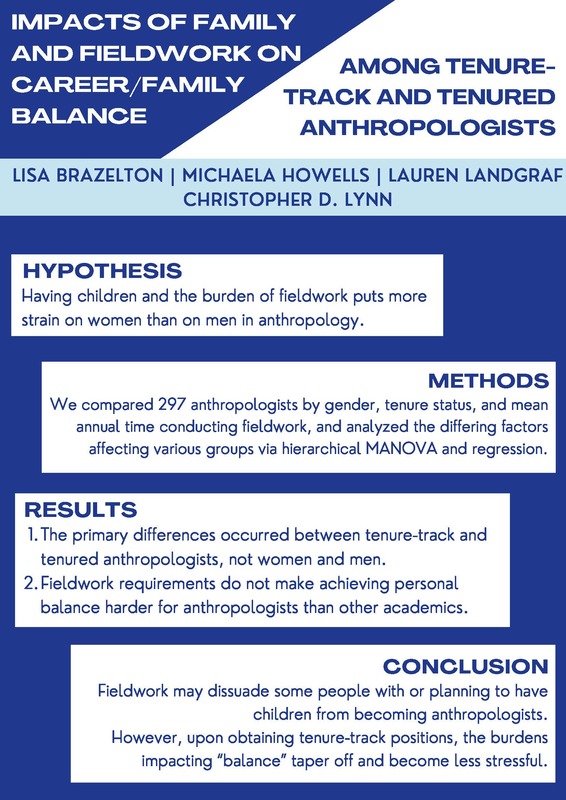
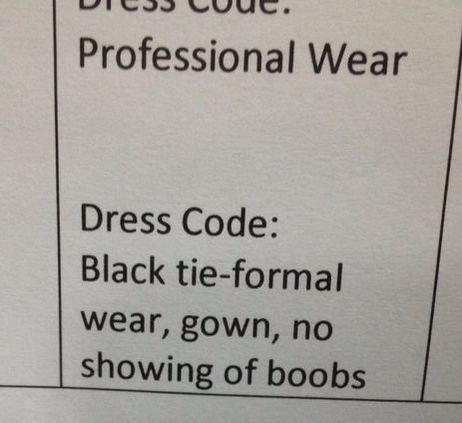
 RSS Feed
RSS Feed
